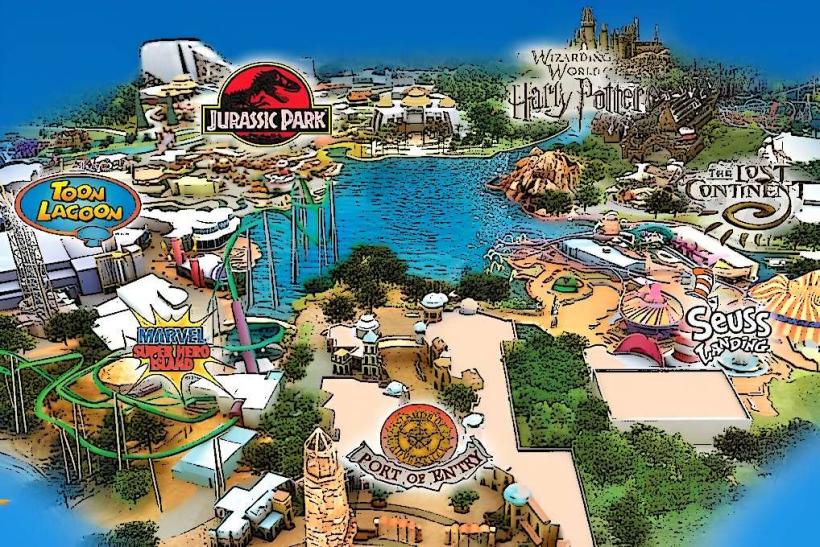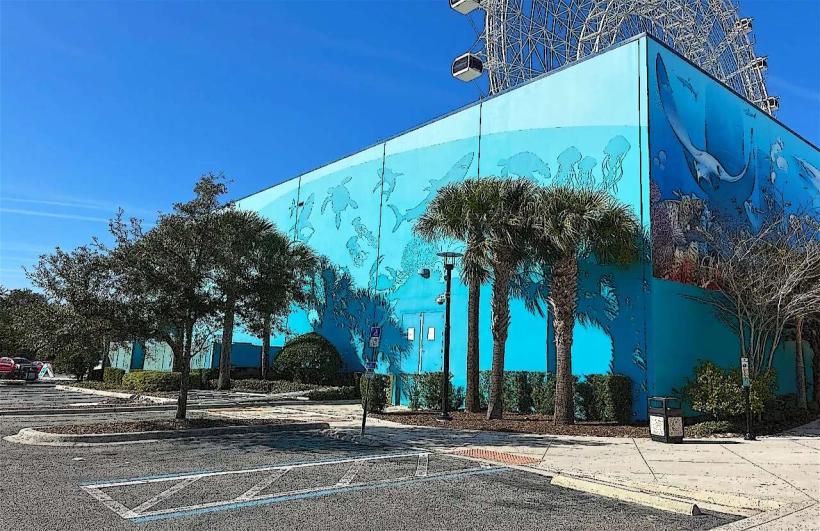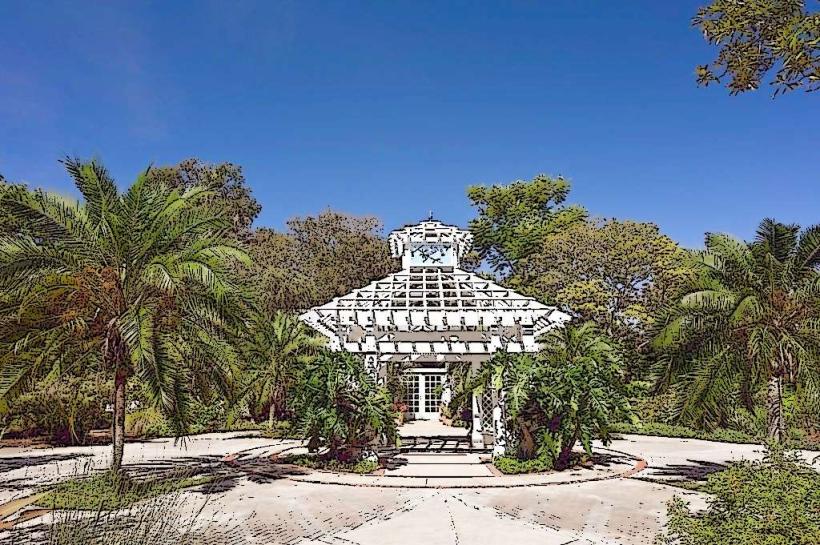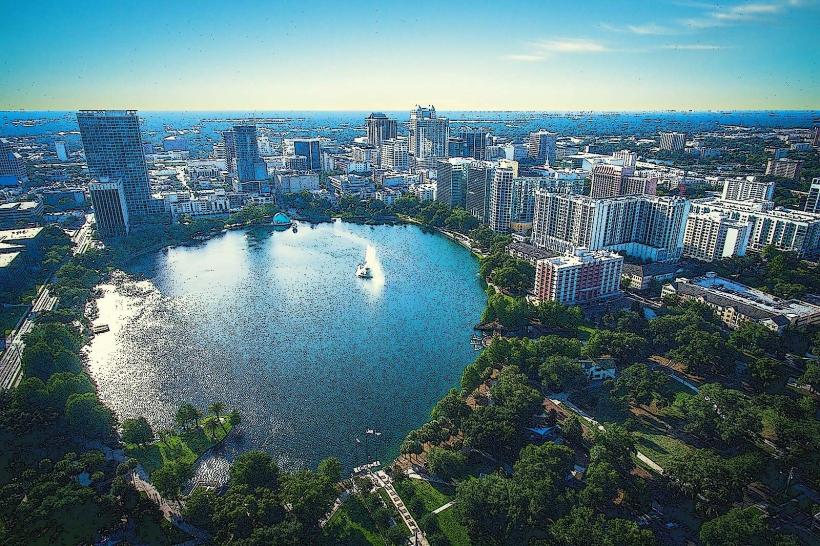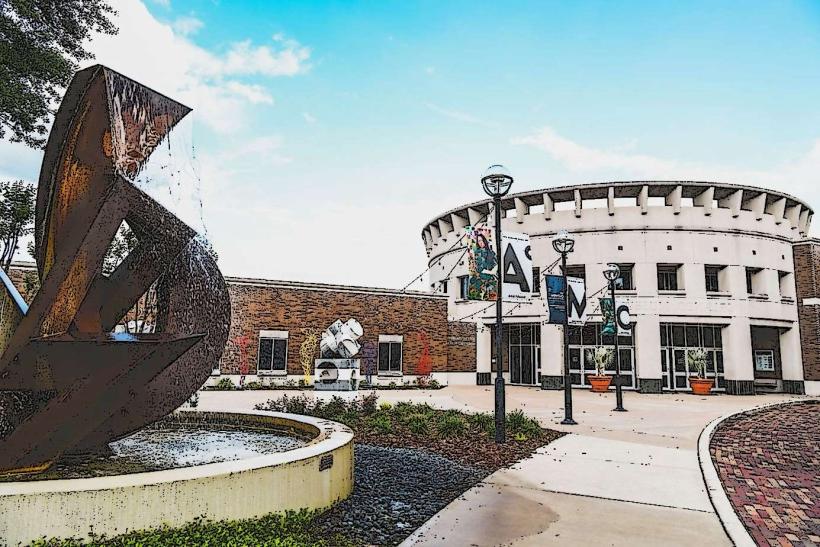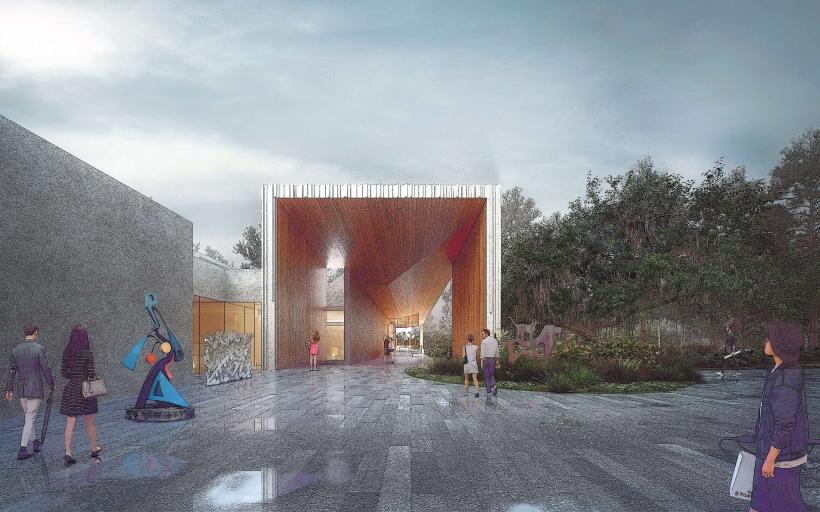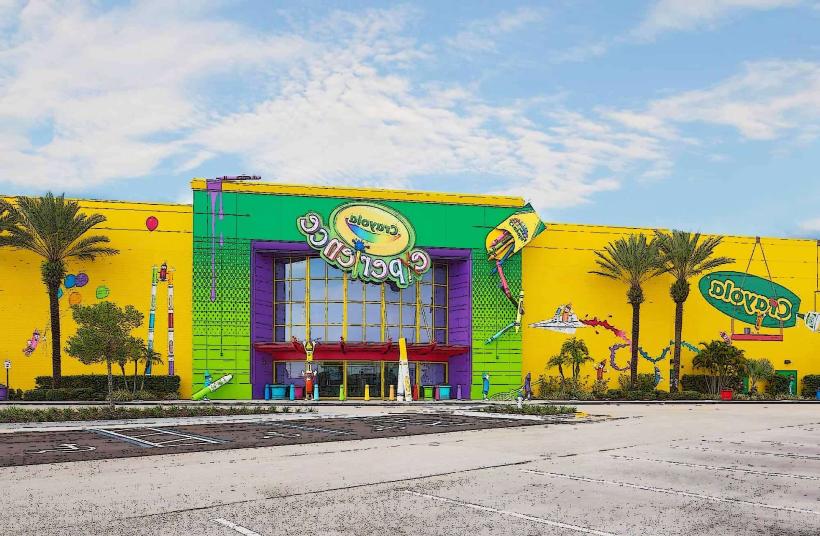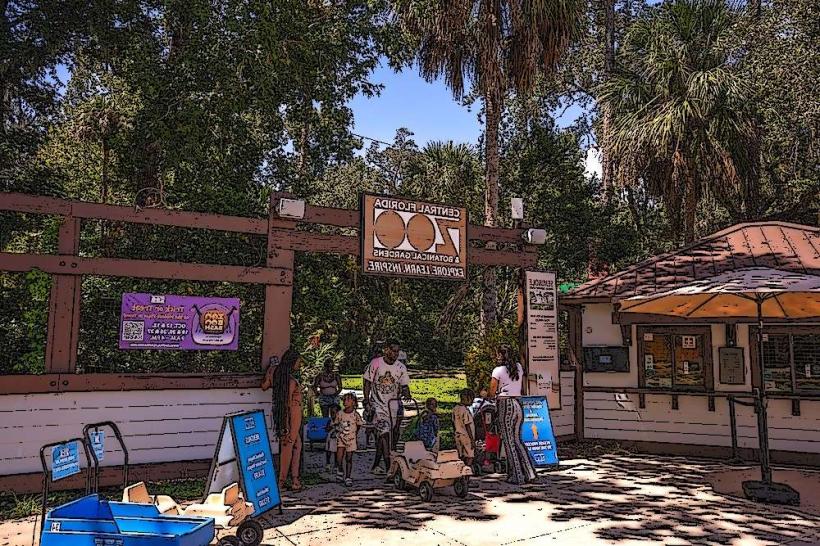Information
City: TampaCountry: USA Florida
Continent: North America
Tampa, USA Florida, North America
General Overview
Tampa is the largest city in Hillsborough County and serves as the central economic, cultural, and transportation hub for the broader Tampa Bay metropolitan area. The city has a population of over 400,000, with the greater metro area exceeding 3.3 million. Tampa blends urban density with sprawling suburbs and is one of the fastest-growing major cities in the southeastern U.S.
Geography and Urban Layout
Tampa is located along the northeastern shore of Tampa Bay and extends inland across a mix of coastal lowlands and sandy flatlands.
Central Tampa includes the urban core, with high-density residential and commercial development, financial institutions, and government buildings.
West Tampa features older neighborhoods, historically industrial areas, and a mix of working-class and redeveloping zones.
East Tampa has a high concentration of African American residents and has historically faced underinvestment, though it is now seeing some redevelopment.
South Tampa includes more affluent residential areas, with a blend of established housing, bayfront views, and military-related communities.
North Tampa and New Tampa feature sprawling suburban-style development with master-planned communities, large shopping areas, and extensive green space.
University area (North Central Tampa) is densely populated with students, service workers, and renters.
Tampa is bisected by the Hillsborough River, and urban sprawl radiates outward, especially toward I-75 and north toward Pasco County.
Demographics
Tampa is ethnically and culturally diverse, with significant representation from many communities:
Roughly 43% White (non-Hispanic)
Around 26% Hispanic/Latino, largely Cuban, Puerto Rican, and Mexican
About 22% African American
5% Asian, mostly Indian, Vietnamese, and Filipino
Small but growing populations of Caribbean, Middle Eastern, and South American immigrants
High multilingual population, particularly in Spanish and Haitian Creole-speaking households
The median age is approximately 36, with a balance of young professionals, students, and older residents
Climate
Tampa has a humid subtropical climate with strong maritime influence:
Summers: Hot and humid with daily thunderstorms and highs in the 90s°F (32–35°C)
Winters: Mild and dry, with average highs in the 70s°F (21–24°C)
Rainy season: From late May through September
Hurricane season: June through November, with heightened vulnerability to storm surge and wind damage due to its coastal and low-lying geography
Economy
Tampa’s economy is large, varied, and service-heavy:
Finance and insurance: Regional hubs for major U.S. banks and insurers
Healthcare: Multiple hospital networks and private practices form a major employment sector
Defense and security: Military presence influences technology and contracting industries
Technology and cybersecurity: Emerging focus area with a growing startup community
Construction and real estate: Massive demand for new housing and redevelopment of older neighborhoods
Retail and hospitality: Significant, driven by population growth and tourism
Infrastructure and Transportation
Highways: Dominated by I-275, I-75, I-4, and the Crosstown Expressway; car dependency is high
Transit: HART operates buses and limited streetcar service; transit access is limited outside core areas
Commuting: Most residents rely on personal vehicles; traffic congestion is rising rapidly
Airport: Serves domestic and international travel but is not discussed further here
Freight: Port and rail access support manufacturing and shipping sectors
Education
Public education: Served by Hillsborough County Public Schools, the third-largest district in Florida
Higher education: Includes multiple institutions supporting a student population of tens of thousands
Charter and private schools: Especially prevalent in South and North Tampa
Adult and vocational education: Vital for local workforce training in healthcare, tech, and trades
Governance and Politics
Tampa uses a mayor–city council system, with a strong-mayor form of government
The city council includes district representatives and at-large members
Politically, Tampa leans moderate to liberal, especially in urban and younger precincts
Key municipal priorities include infrastructure improvement, affordable housing, public safety, and flood resilience
Social and Cultural Life
Tampa has a strong Hispanic and Caribbean influence in food, culture, and festivals
The city supports a vibrant arts community, including performing arts, visual arts, and grassroots music scenes
Home to a large LGBTQ+ community, especially in South and Central Tampa
Widespread participation in amateur and youth sports, alongside major support for professional teams
Tampa is a major host for conventions, business conferences, and seasonal festivals
Housing and Development
Urban redevelopment: Infill housing, mid-rise apartments, and mixed-use projects are common in central neighborhoods
Suburban expansion: Ongoing north and east of the city, driven by demand for affordable family housing
Housing costs: Rising quickly, with increasing concern over gentrification and displacement
Rental market: Tight, with high demand and increasing monthly rates
Zoning and land use: Actively being reviewed to accommodate growth while managing density and infrastructure strain
Environmental Conditions and Risks
Tampa is vulnerable to storm surge, sea-level rise, and flooding, particularly in low-lying coastal and riverfront areas
The city faces urban heat island effects, exacerbated by limited tree canopy in some neighborhoods
Water management and drainage infrastructure is aging and under pressure from rapid development
Efforts are underway to increase sustainability, improve green infrastructure, and mitigate flood risk through stormwater upgrades
Key Challenges
Affordable housing crisis: Especially acute for working-class families and seniors
Traffic congestion: Inadequate public transit leads to heavy car dependency and clogged roadways
Disparities: Stark differences in income, education, and health between neighborhoods
Gentrification pressure: Displacement concerns in historically marginalized communities
Climate resilience: Balancing coastal growth with storm and sea-level risk








